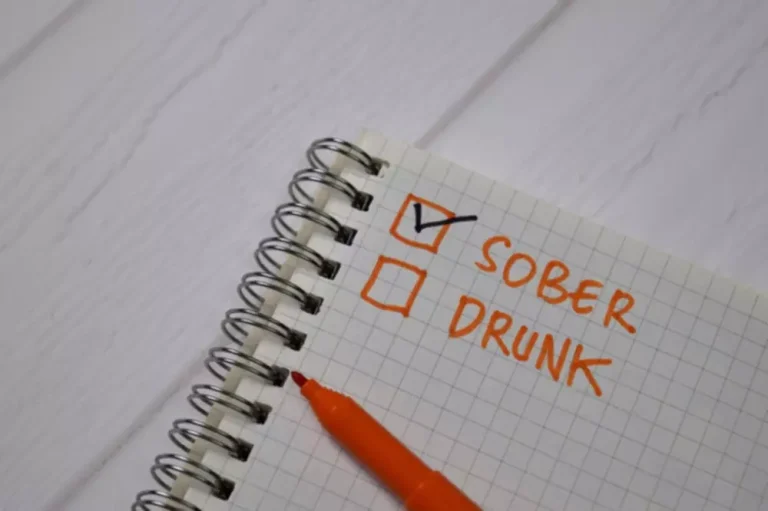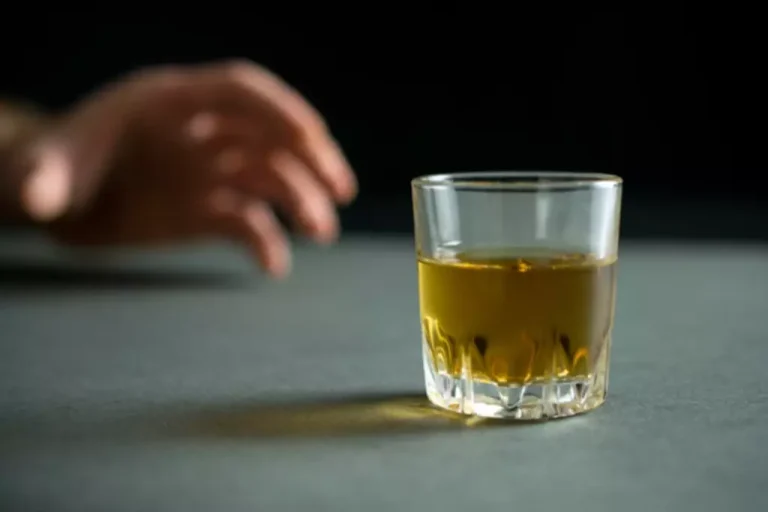
For example, being less mobile raises your risk of deep vein thrombosis, which Eliquis is used to treat and prevent. And if you’re less mobile, it can also lead to weight gain. Also, if you take Eliquis to help prevent blood clots after hip or knee replacement surgery, you may have reduced mobility both before and after the surgery. However, if you stop Eliquis sooner than your doctor recommends, you may have an increased risk of blood clots. A boxed warning is a serious warning from the Food and Drug Administration (FDA).
Just how bad is alcohol? Eight experts weigh in on the risks and supposed benefits of drinking
Weight gain wasn’t reported in clinical trials of Eliquis. You won’t have withdrawal symptoms if you stop taking Eliquis, but you may have other side effects. In clinical trials, side effects of Eliquis in older adults were similar to those in younger adults.

What are some Eliquis overdose symptoms?
- Within the last few years, a new class of blood thinners was developed.
- Although alcohol does not interact with the mechanism of Eliquis, some evidence suggests that moderate alcohol drinking can act as a blood thinner.
- Read on to learn about potential common, mild, and serious side effects.
No, older people do not seem to have a higher risk of side effects from Eliquis than younger people. Get answers to some frequently asked questions about the side effects of Eliquis. If you are crushing the tablet and mixing it as directed in water, apple juice, or applesauce, use the mixture within 4 hours of preparing it. Call your doctor right away if you have any unexplained bleeding or bruising, nausea or vomiting, blood in your urine or stools, headache, dizziness, or weakness.

Risk of spinal blood clots from certain spinal procedures

NBC News spoke to eight nutritionists and doctors about the risks and supposed benefits of alcohol. They generally agreed that abstaining is healthiest, but that for most people, a modest level of drinking doesn’t carry significant risk. Eliquis hasn’t been studied in people with an artificial heart valve. If you’ve had a heart valve replacement, your doctor will likely not prescribe Eliquis.
Seeking professional help for alcohol misuse is an essential step in maintaining your health, especially if you’re taking medications like Eliquis. Numerous treatment options are available for alcohol misuse, including treatments led by health professionals, FDA-approved medications, can you drink alcohol with eliquis and behavioral therapies. If you or someone you know shows signs of alcohol abuse, it’s essential to seek professional help. Moreover, alcohol can potentially augment and extend the effects of Eliquis as a blood thinner, thereby increasing the risk of bleeding.
- If you think you may have a medical emergency, immediately call your physician or dial 911.
- Taking Eliquis with other anticoagulants can raise your risk of bleeding.

In addition, some direct-acting oral anticoagulants are broken down in the liver for excretion. If you have liver disease or a history of liver disease, tell your healthcare provider. Some healthcare providers recommend against alcohol ingestion completely while taking warfarin. Apart from being careful with alcohol, there are no foods or drinks you need to avoid while taking apixaban. This is because of the increased risk of bleeding and infection. Because of the risk of bleeding, your dose of apixaban may need to be lowered or stopped a few days before you have an operation.

Increased Risk of Gastric Ulcers and GI Bleeding with Chronic Alcohol Usage
Blood thinners keep a clot where it is and from getting bigger and prevent new clots from forming. They can also allow your body to absorb the clot through the walls of your veins over time. They protect you from bleeding too much if you’re injured or have surgery. Pregnancy, cancer and estrogen therapy can also put you at a greater risk of forming a clot. Eliquis works to prevent blood clots from occurring or to treat a blood clot that you already have. But if you stop taking Eliquis before it’s recommended, you may have an increased risk of blood clots.
While alcohol does not directly interact with the mechanism of Eliquis, its combination can exacerbate it’s blood-thinning effect. This can lead to an increased risk of internal bleeding, including in the stomach and intestines, as well as in rare cases such as intracranial hemorrhage. Alcohol can also affect the action of platelets, which are the components of the blood that form clots. A 2016 review suggests that significant daily alcohol consumption increases the activity of platelets.
